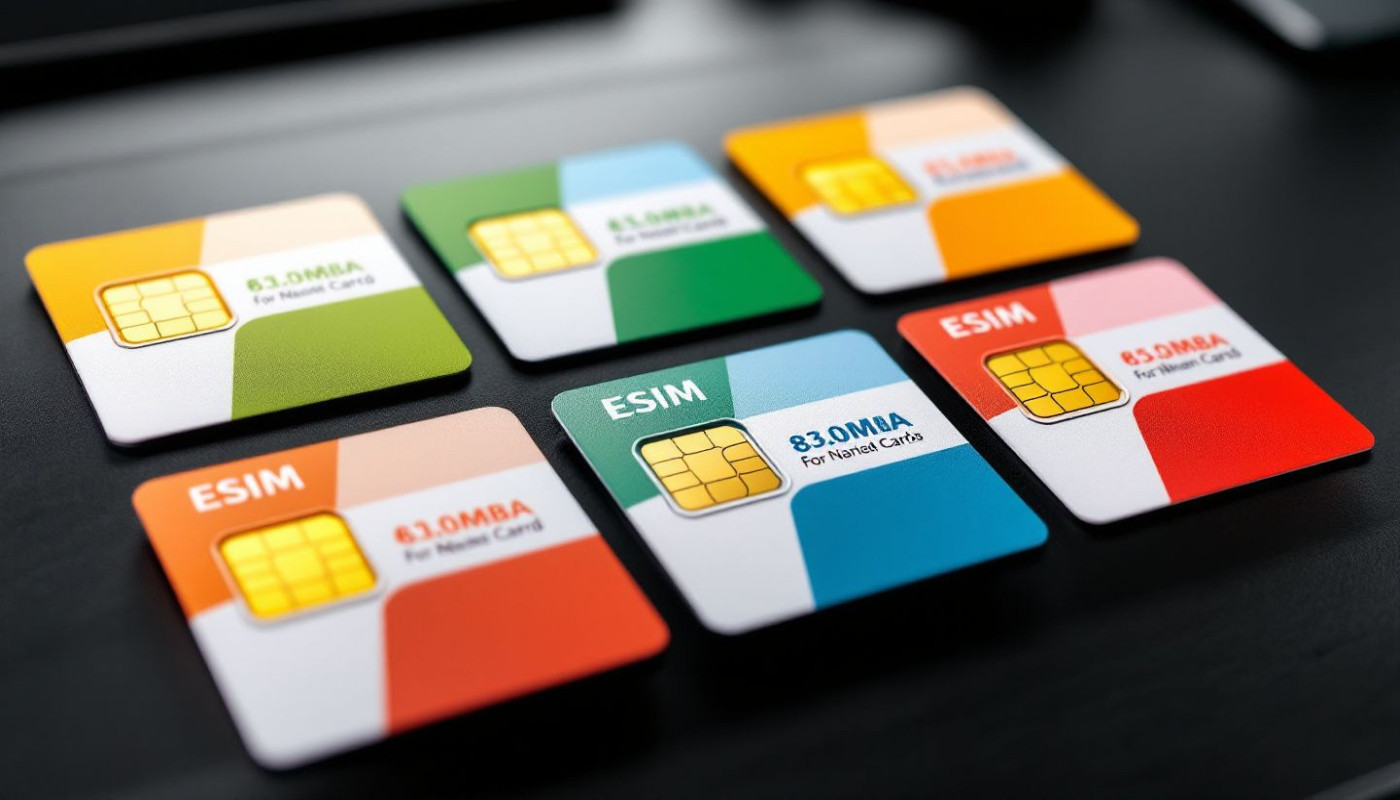Table of contents
In the vast and evolving world of finance, cryptocurrencies and blockchain technology have emerged as revolutionary players. A complex intersection of cryptography, computing, and economics, these digital innovations are changing the way we understand and handle money. Deciphering their mystery may seem daunting; however, understanding these exciting advancements is essential in today's digitally driven world. This article aims to shed light on these two technological phenomena - Cryptocurrencies & Blockchain - breaking down their complexities into comprehensible segments that allow you to grasp their essence better.
Uncovering the Concept of Cryptocurrencies
Cryptocurrency, a term that has become significantly popular in the global financial landscape, is fundamentally a form of digital currency. Unlike traditional currencies, it exists purely in an electronic form, making it a truly global currency that isn't bound by borders or regulations from any central government. This aspect of cryptocurrencies is often referred to as decentralization, a cornerstone of the entire crypto concept.
At the heart of cryptocurrency's operation is cryptography. Cryptography is a method of securing communication and data in the presence of adversaries. In the context of cryptocurrency, it helps maintain the integrity and safety of transactions and balances. This is achieved through complex mathematical algorithms that encrypt and decrypt data, making it nearly impossible for hackers to manipulate the information.
Beneath the landscape of cryptocurrencies, there lies an intricate system of anonymous transactions. These transactions allow users to send and receive digital currency without their identities being disclosed, providing a high level of privacy. However, it's important to understand that while these transactions are anonymous, they are not untraceable. They are recorded on a public ledger, often known as a blockchain, ensuring transparency and security.
The process of verifying these transactions and adding them to the public ledger is carried out by individuals known as miners. Miners solve complex computational problems, a process known as proof-of-work, to validate transactions and prevent any double-spending. This rigorous process is what ensures the reliability and security of cryptocurrencies.
Demystifying Blockchain Technology
The complexities of blockchain technology often seem like a maze to the uninitiated. In its simplest form, blockchain is a decentralized system operating on a network of computers, also known as 'nodes'. It functions as a public ledger, a transparent and immutable record of all transactions, primarily associated with the operation of cryptocurrencies. Yet, its potential extends far beyond that.
In addition to supporting cryptocurrencies, blockchain technology plays a significant role in developing and implementing 'smart contracts'. These are self-executing contracts with the terms of the agreement between buyer and seller directly written into lines of code. The code and the agreements contained therein exist across a distributed, decentralized blockchain network.
Furthermore, blockchain has significant implications for supply chain management. With the application of this technology, the entire lifecycle of a block of transactions can be tracked, from creation to verification. This process is facilitated through 'hash', a function that converts an input of letters and numbers into an encrypted output of a fixed length. The 'consensus mechanism', another key term in the blockchain glossary, ensures that all nodes in the network agree on the validity of the transactions, thereby maintaining the security and integrity of the blockchain.
The Economic Impact of Cryptocurrencies
The advent of cryptocurrencies has had a profound impact on the global financial landscape, disrupting traditional banking systems and spearheading a new era of financial inclusion. Their economic impact is far-reaching, revolutionizing the way transactions are made and funds are transferred across borders. The remittance sector, in particular, has seen a significant shift with the popularity of these digital currencies.
Nonetheless, the disruptive nature of cryptocurrencies extends beyond just banking. It has the potential to foster financial inclusion by providing access to financial services to the unbanked or underbanked population, a key issue faced by many developing economies. This breakthrough in financial inclusion could be instrumental in reducing poverty and boosting economic growth.
Despite the numerous potential benefits, the economic impact of cryptocurrencies isn't without its challenges. These digital currencies are notorious for their extreme volatility, causing fluctuations in their value which can lead to financial instability. Moreover, the lack of a proper regulatory framework presents significant challenges, raising concerns about money laundering, fraud, and other illicit activities. As such, understanding these issues and their implications within the broader economic context is vital.
Potential Applications of Blockchain Beyond Currency
Blockchain technology, well-known for its role in enabling digital currencies, is being increasingly leveraged in various sectors, ranging from healthcare to intellectual property rights. Its potential uses extend far beyond currency, making it a versatile tool for businesses looking to innovate and modernize operations.
In the sphere of healthcare, blockchain offers a novel approach to managing and securing patient records. With its immutable record-keeping capabilities, sensitive information like healthcare records can be stored in a way that ensures both privacy and accessibility. This comes as a game changer, as it can potentially minimize errors, streamline the retrieval process, and enhance the overall efficiency of healthcare service delivery.
Alongside healthcare, another area where blockchain has demonstrated its value is in the protection of intellectual property rights. By creating a decentralized, peer-to-peer network, blockchain can provide a reliable and transparent record of ownership rights. This can help prevent disputes, protect creators' rights, and foster an environment that promotes innovation.
Moving forward, as we continue to unravel the potential applications of this technology, it is essential to understand that blockchain's capacity extends far beyond digital currency. It is a revolutionary tool with the potential to reshape our world in ways we are just beginning to imagine.
Similar articles



